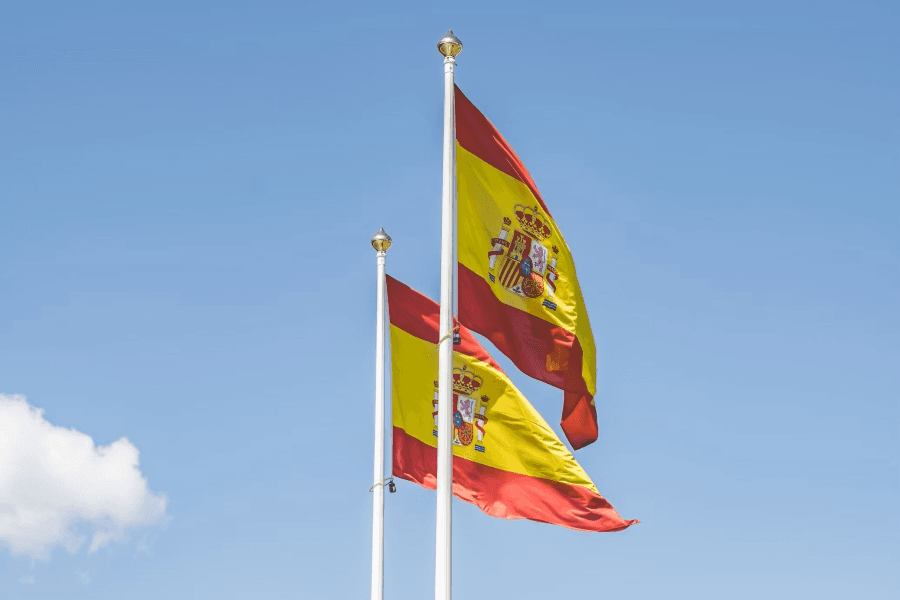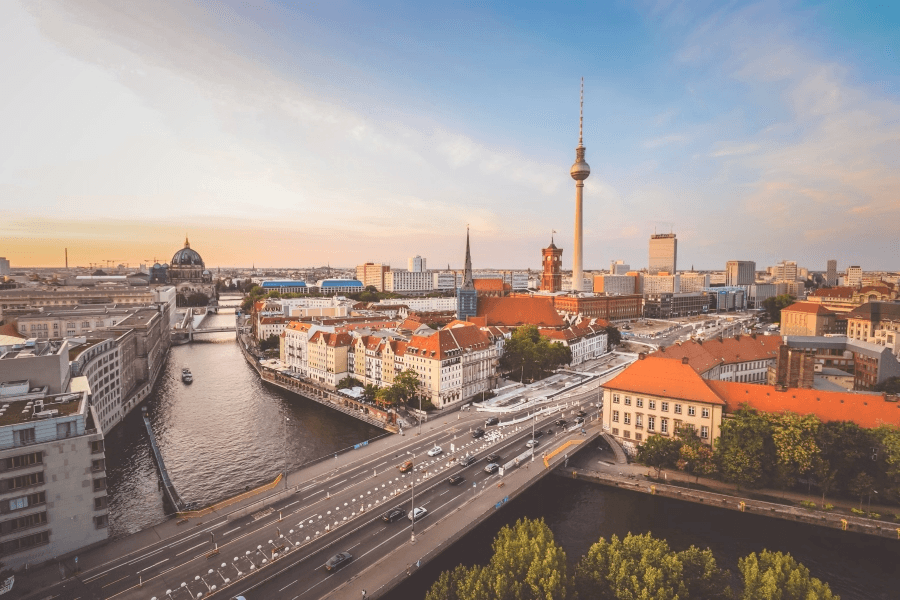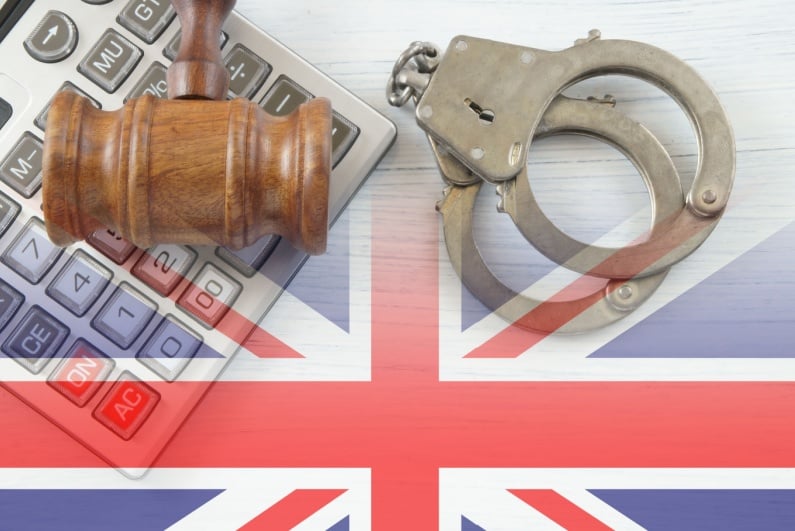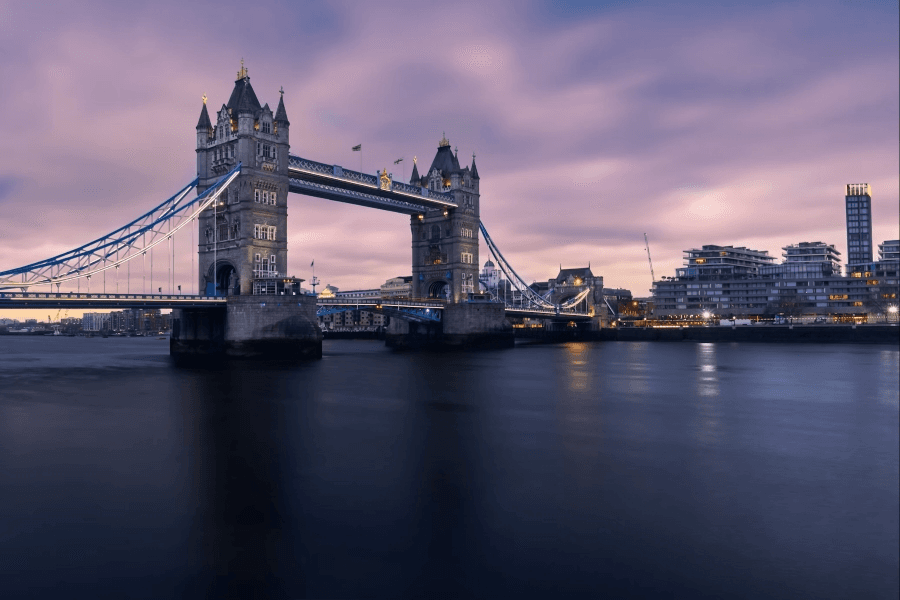


To boost its sluggish tourism economy, the Thai government is actively pushing for the legalization of casinos and planning to establish highly regulated integrated entertainment centers aimed at preventing money laundering and gambling addiction.

To boost its sluggish tourism economy, the Thai government is actively pushing for the legalization of casinos and planning to establish highly regulated integrated entertainment centers aimed at preventing money laundering and gambling addiction. In early June, Suksit Srichomkhwan, Deputy Secretary-General to Prime Minister Srettha Thavisin, announced at a press conference that the government intends to adopt regulatory standards from countries such as Singapore, Japan, and the UAE to create a framework for “responsible gambling.”
According to the preliminary proposal, casinos would face strict limitations: all forms of advertising would be banned; individuals with high financial risk would be denied entry; casino areas must not exceed 10% of the total entertainment complex; and each complex must include at least four non-gambling attractions. The minimum investment for each project is set at 100 billion baht (approximately USD 2.7 billion).
The most controversial provision is the entry threshold for Thai citizens—requiring at least 50 million baht (around USD 1.35 million) in their bank account. The Ministry of Finance has stated it will consider revising this requirement.
Suksit emphasized that the government will closely monitor all casino-related financial flows to prevent the facilities from becoming money laundering hubs, noting that even operators support strict regulation.
Economically, Thailand hopes to attract more international tourists through the initiative. Legalized casinos are expected to boost tourist arrivals by 5% to 20% and increase average spending per visitor to 22,000 baht (about USD 670). Major global casino operators like Wynn Resorts and MGM Resorts have already expressed investment interest.
However, the plan still faces significant opposition. Religious groups, anti-gambling advocates, and conservative political parties argue that legal gambling could worsen financial burdens for low-income families and lead to foreign monopolies.
Deputy Finance Minister Julapun Amornvivat stated that the government will not rush the legislation and will ensure the laws are transparent and enforceable. The goal is to complete the legislative process within two years and turn casino-entertainment centers into a new engine for national economic growth.














